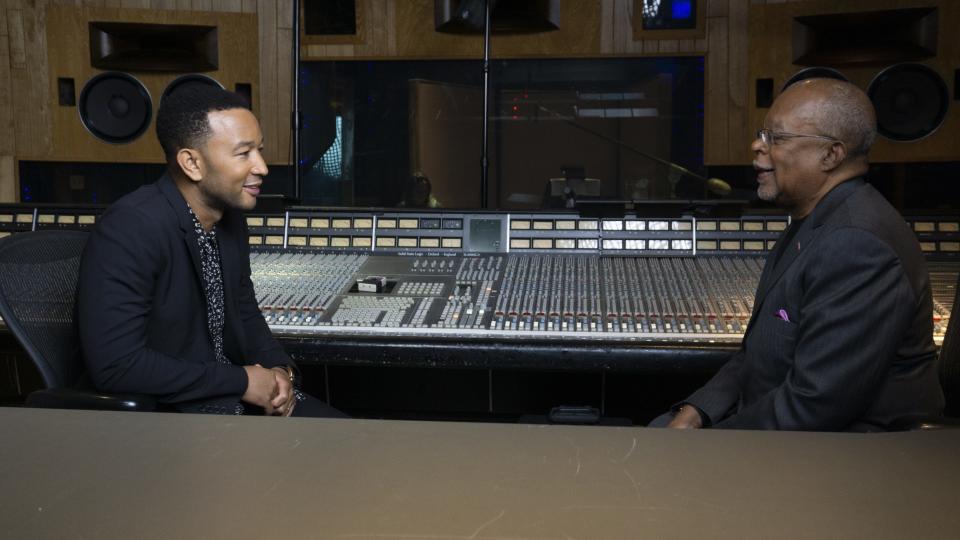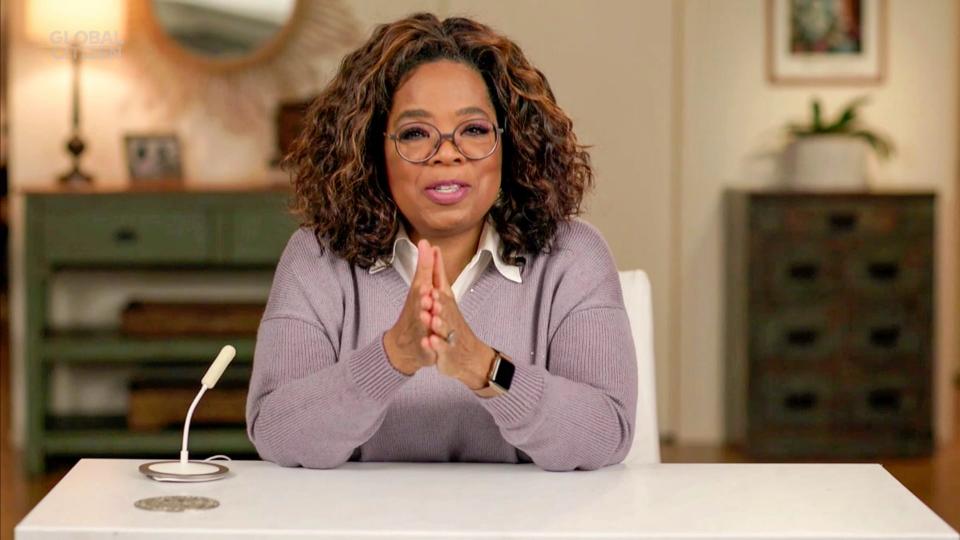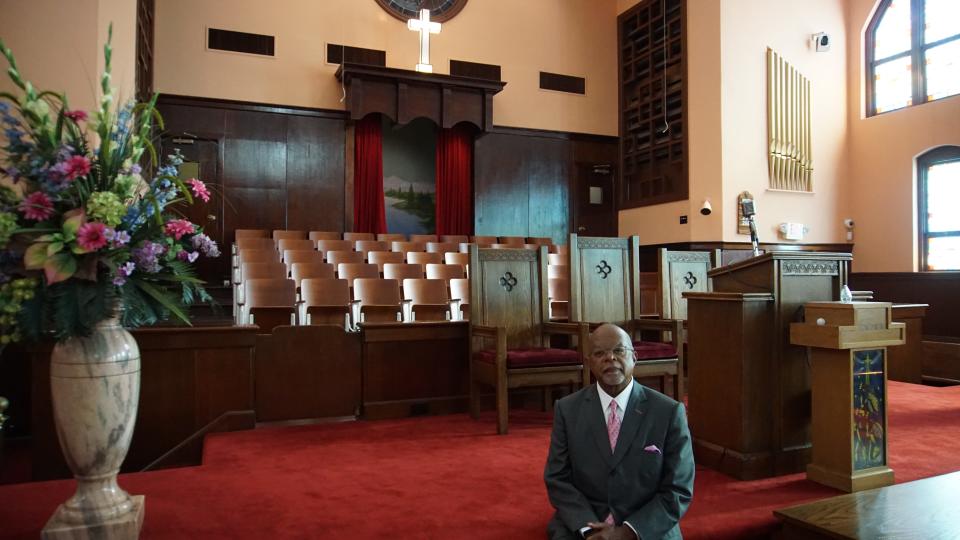How Oprah picked the title for PBS documentary on the Black church in America
When Henry Louis Gates Jr. was naming his upcoming PBS documentary on the Black church in America, he and series producer/director Stacey Holman quibbled over the title.
Gates, host of "Finding Your Roots," favored lyrics from the 1873 hymn "Blessed Assurance," while Holman championed "How I Got Over," a 1951 hymn performed by Mahalia Jackson and Aretha Franklin.
His earthly solution? Ask Oprah Winfrey.
"I emailed Oprah. I said, 'Stacey and I are arguing about this. What do you think?' One morning, I wake up. I turn my cellphone on and there's a message. It's Oprah. And I played it and it was, 'This is our story, This is our song,'" the Harvard professor and author said, imitating Oprah singing the slightly altered "Blessed Assurance" lyrics during a Television Critics Association panel Friday. "And that was it. The vote had been cast."
Viewing guide: Black History Month TV guide: 10 shows that'll teach you a thing or two about the Black experience

Winfrey is one of many luminaries from the church, politics and entertainment featured in the four-hour documentary, "The Black Church: This Is Our Story, This Is Our Song" (Feb. 16-17, 9 EST/PST, check local listings). Others include John Legend, Jennifer Hudson, Yolanda Adams, BeBe Winans, Bishop Michael Curry, the Rev. Al Sharpton and the Rev. Raphael Warnock, the newly elected U.S. senator from Georgia.
"The Black Church" explores a bedrock religious institution with cultural and political influence far beyond church walls, dating back to religious roots in Africa that contributed to what Gates called "a big religious foundational stew."

Legend, who joined Gates, Adams and Holman on the panel and is an executive producer, connected the message and power of the Black church with what its congregants have endured over centuries in America.
"So much of the way we've interpreted the Bible and so much of the way we've embraced it has been about the struggle," said Legend, whose family was deeply involved in the church and its music during his upbringing in Ohio. "In the Old Testament, a lot of the doctrine that we hold onto is that that idea of the Exodus, going to the Promised Land, Moses leading his people to freedom and 'Let my people go' – these were the mantras that were part of the freedom movement, both freedom from slavery and freedom from Jim Crow."

The documentary, which delves deeply into music, notes flaws in the church, including a male-dominated leadership presiding over a largely female membership and a history of homophobia, Gates said. However, the project mostly celebrates an institution that remains relevant, he said, describing his experiences at a chapel on Martha's Vineyard as "a circle of warmth."
Such religious gatherings are "a celebration of our culture, our history, of who we are, of how we got over, how we survived the claustrophobic madness of hundreds of years of slavery and then a century of Jim Crow and then anti-Black racism that we saw manifest itself at the capital in the last four years under Donald Trump and in the Capitol on January 6," he said. "It's that that I wanted to celebrate – in an honest way."
This article originally appeared on USA TODAY: Henry Louis Gates Jr. PBS doc explores Black church with John Legend
